No products in the basket.
FREE UK DELIVERY FOR ORDERS OVER £30 | NEXT DAY SERVICE AVAILABLE | WORLDWIDE GLOBAL SHIPPING
FREE UK DELIVERY FOR ORDERS OVER £30 | NEXT DAY SERVICE AVAILABLE | WORLDWIDE GLOBAL SHIPPING

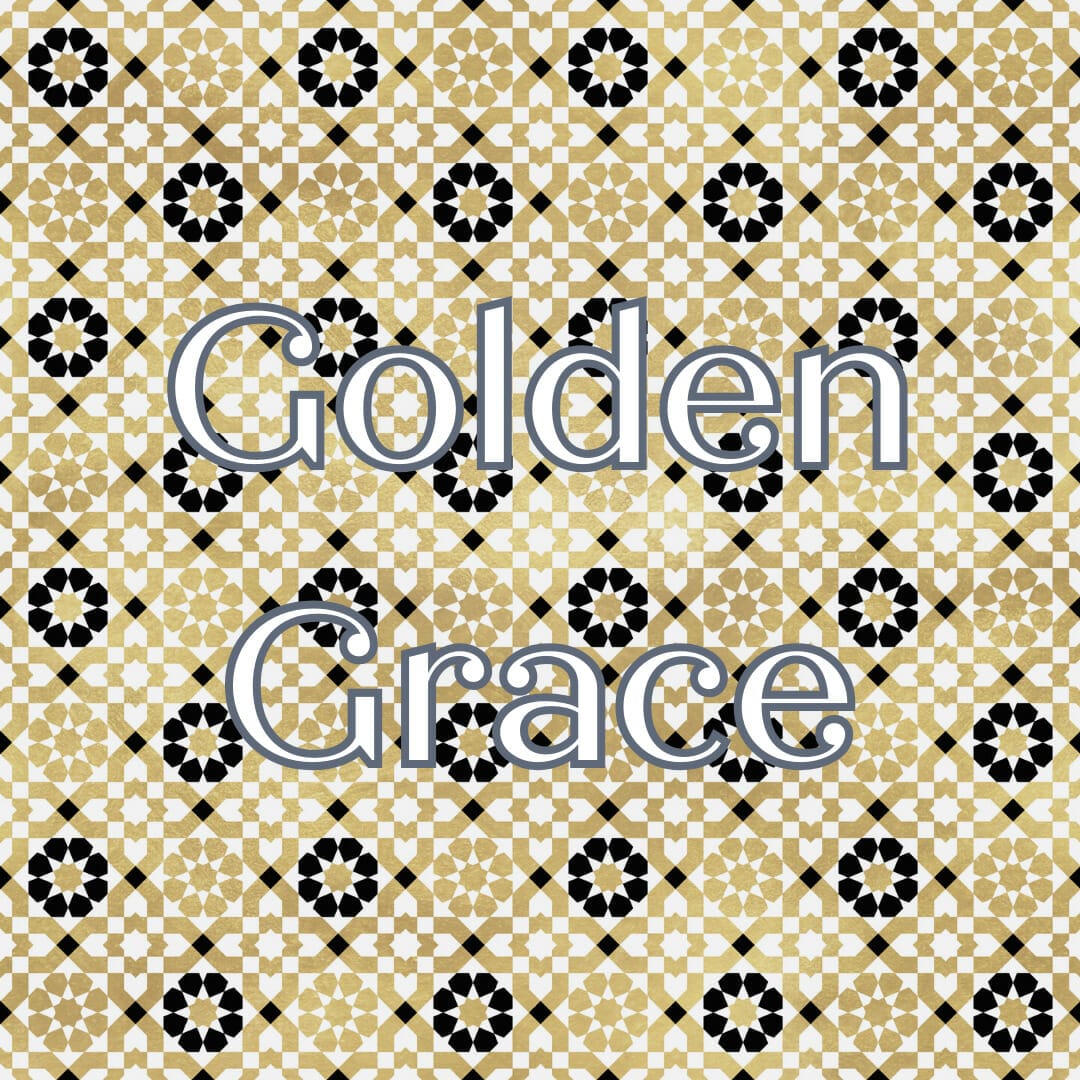
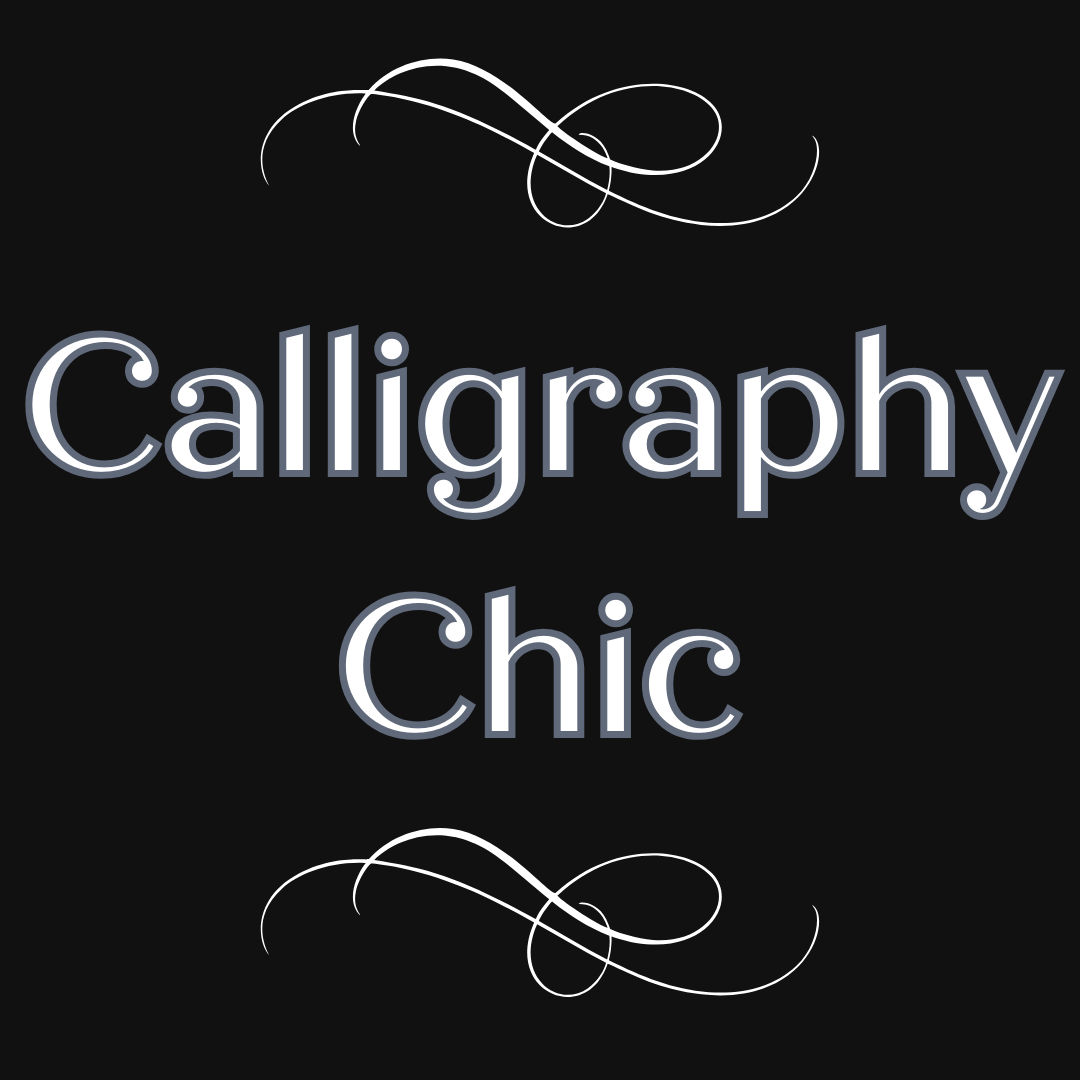

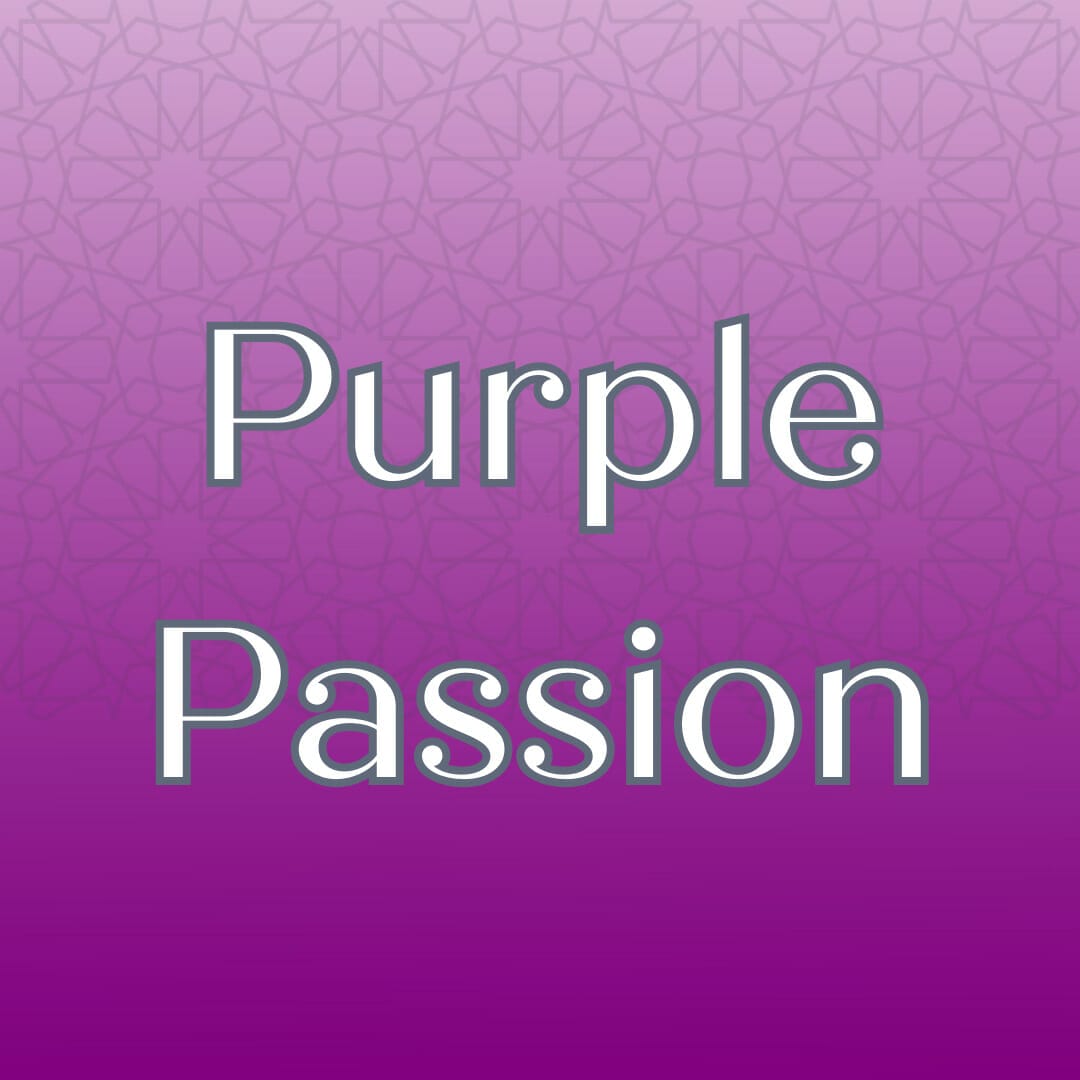

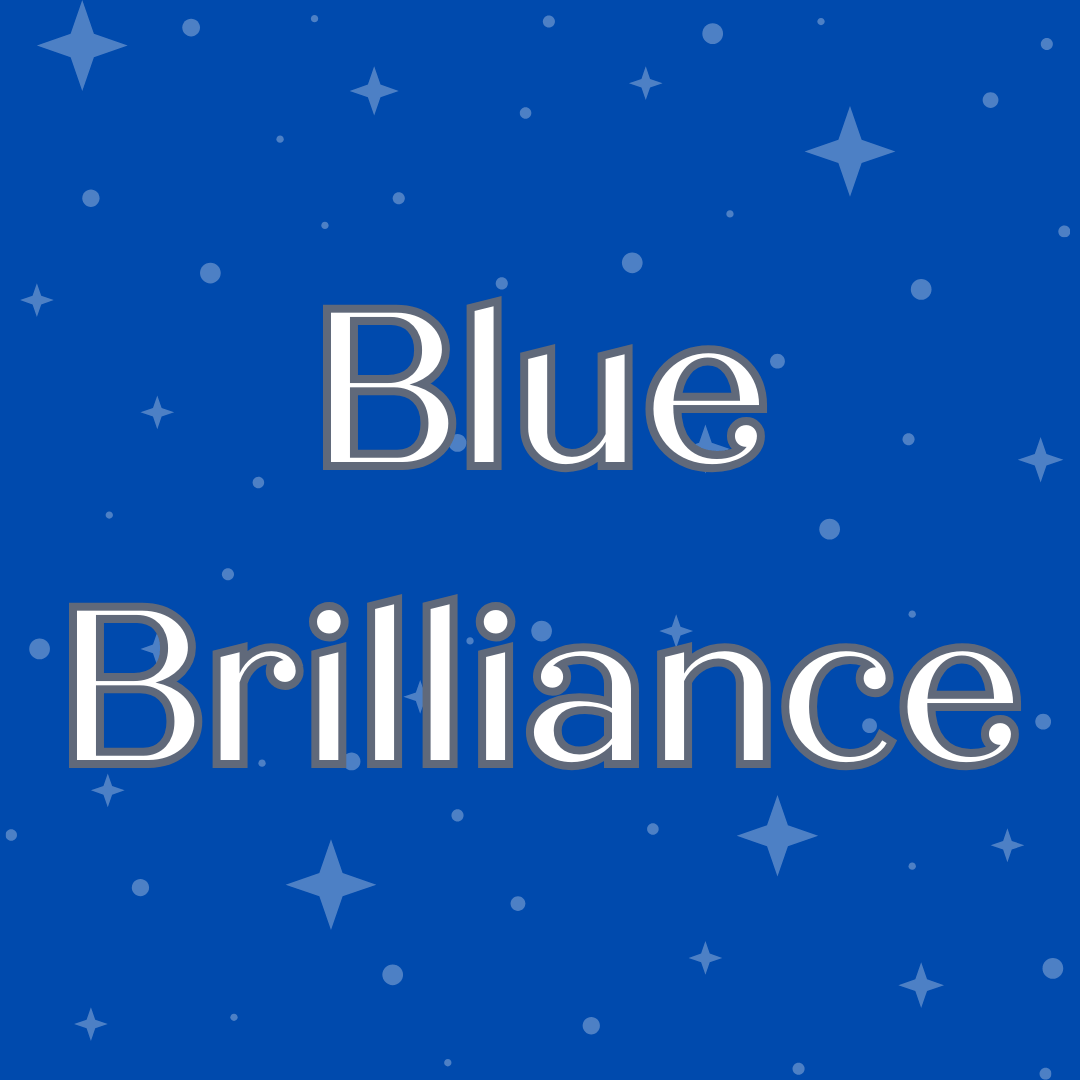


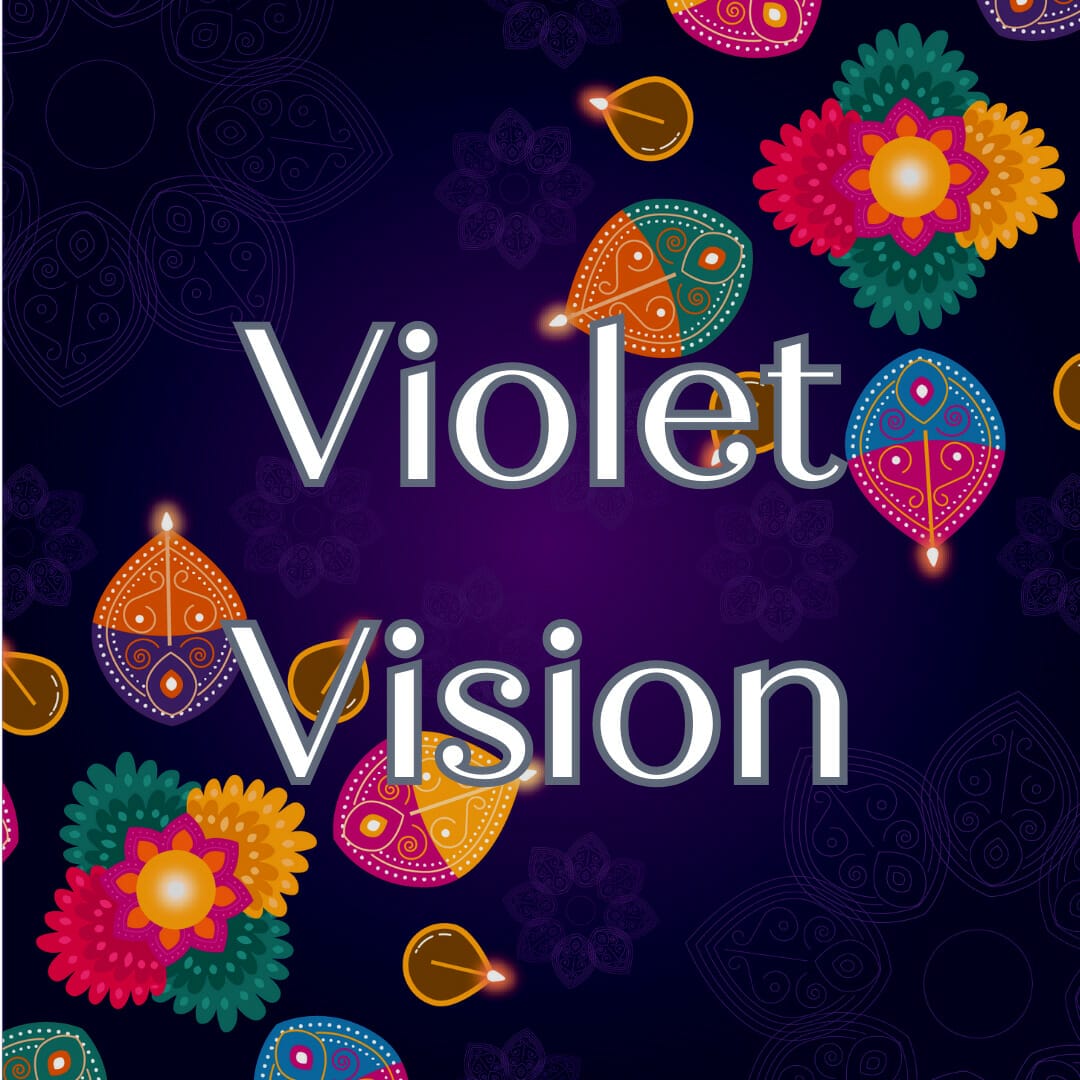

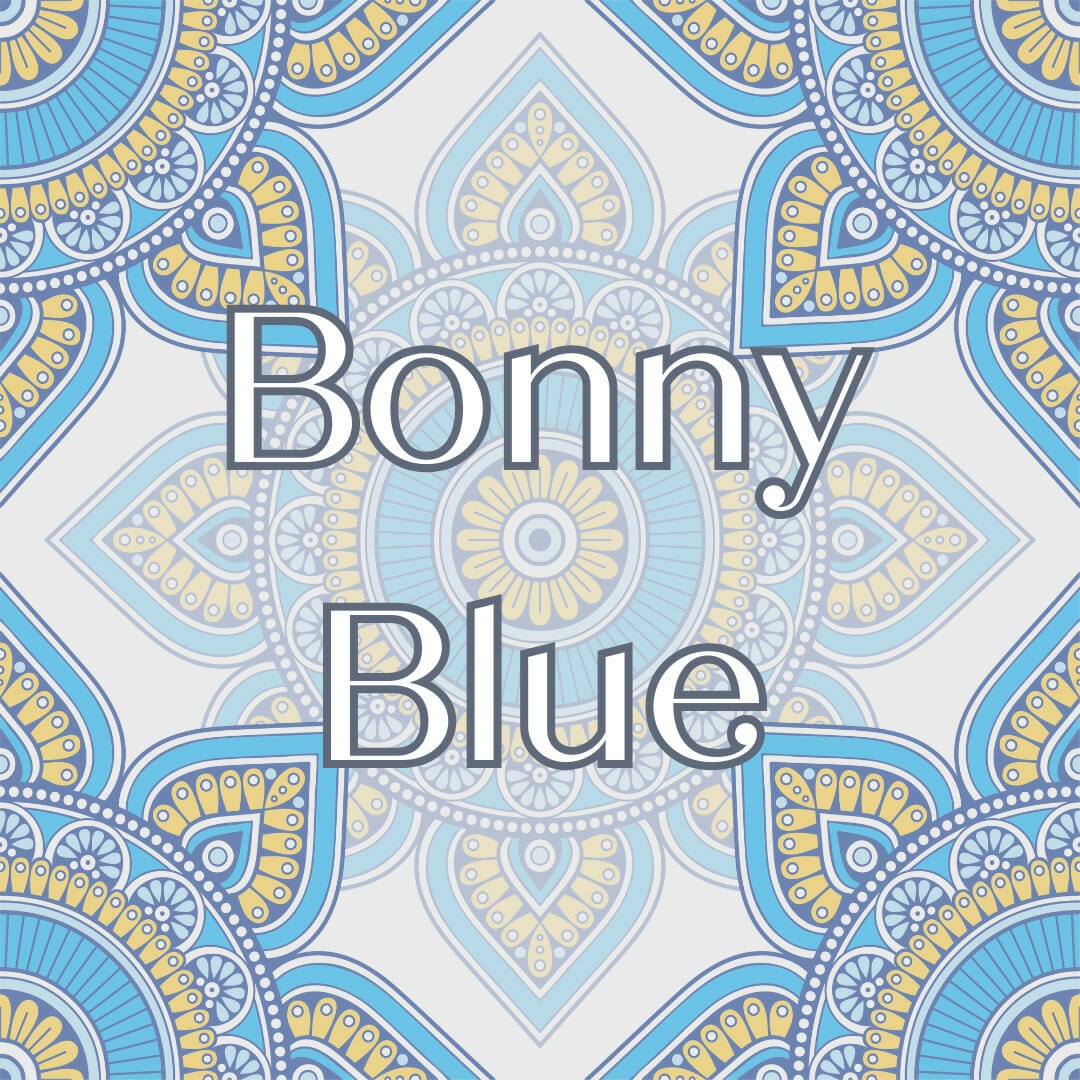
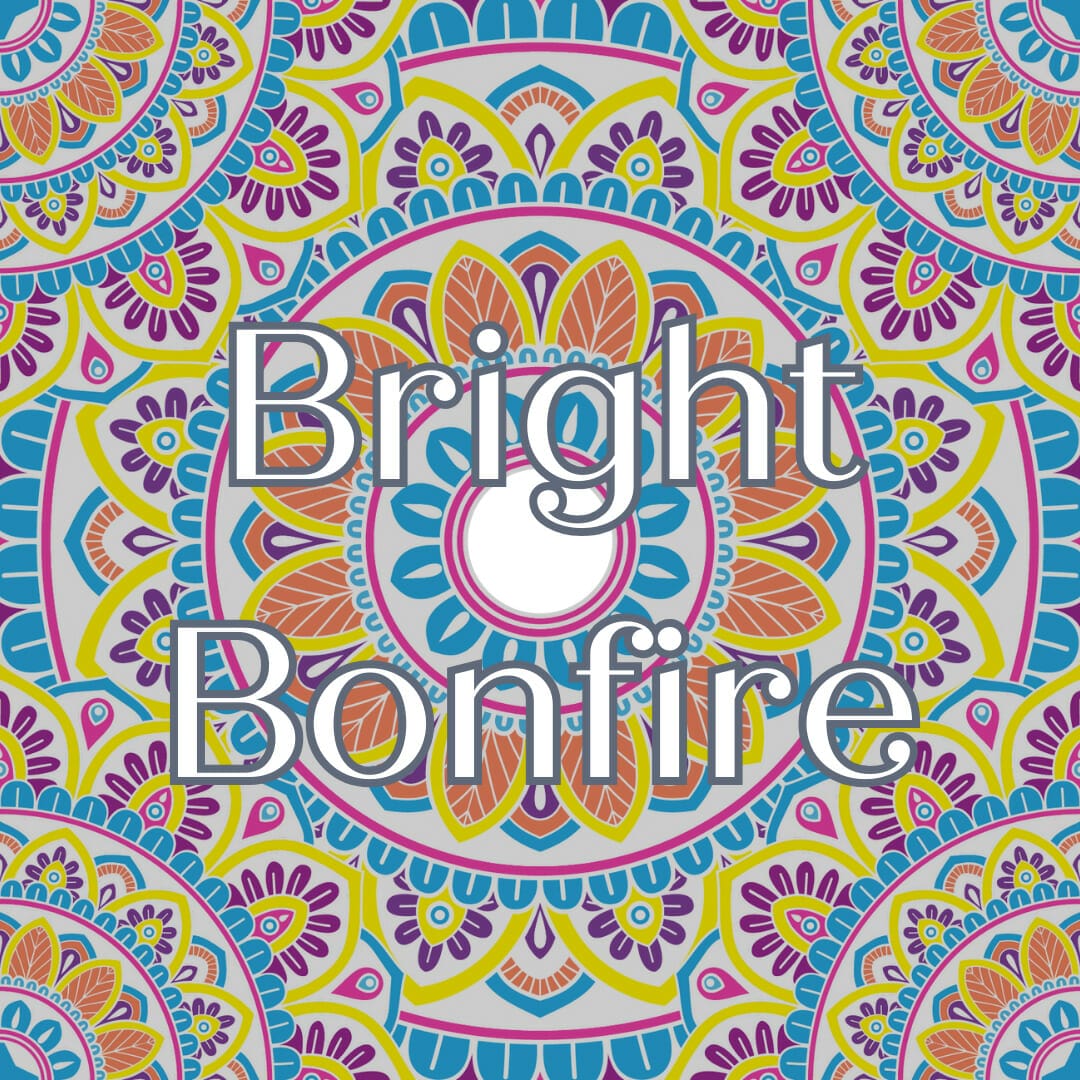

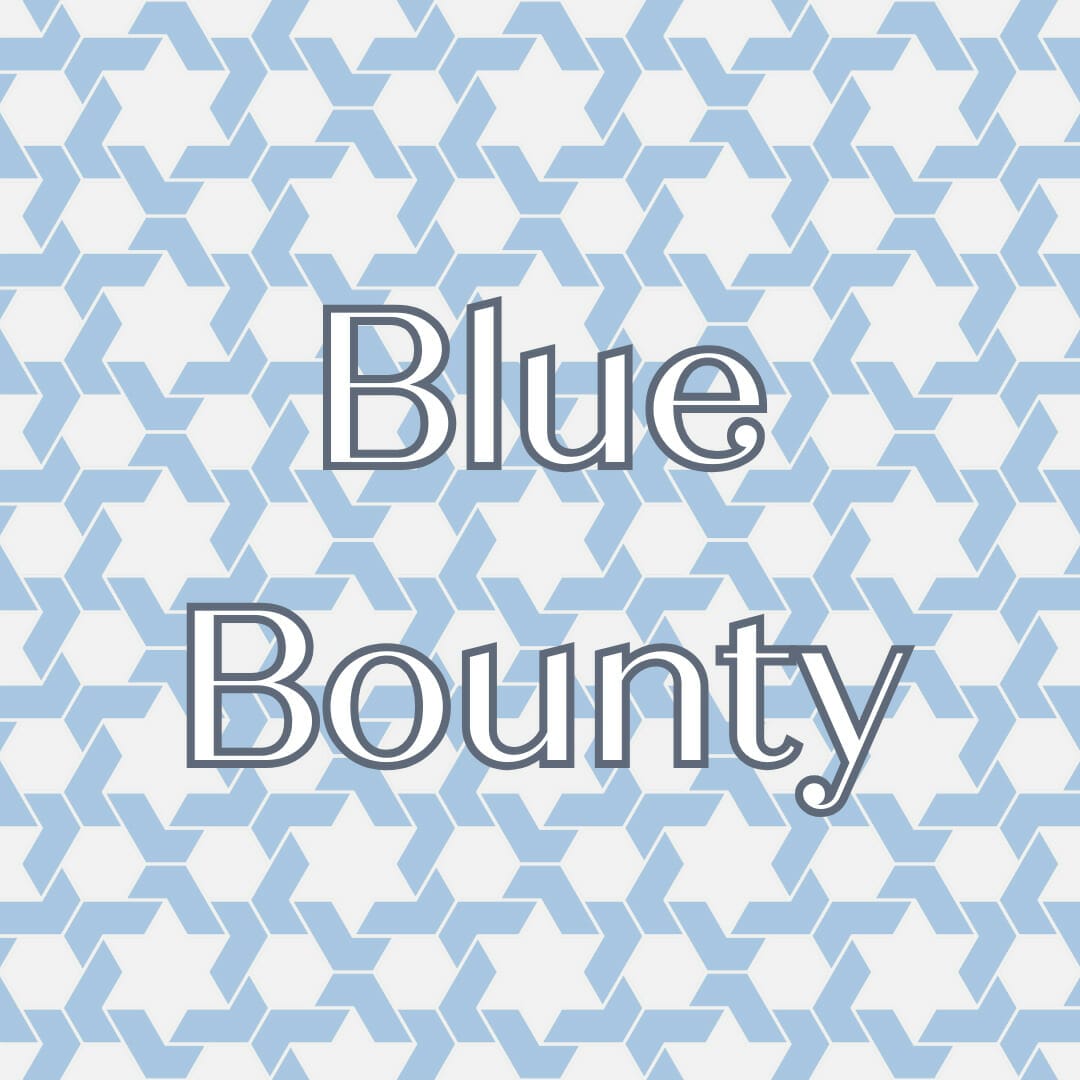





















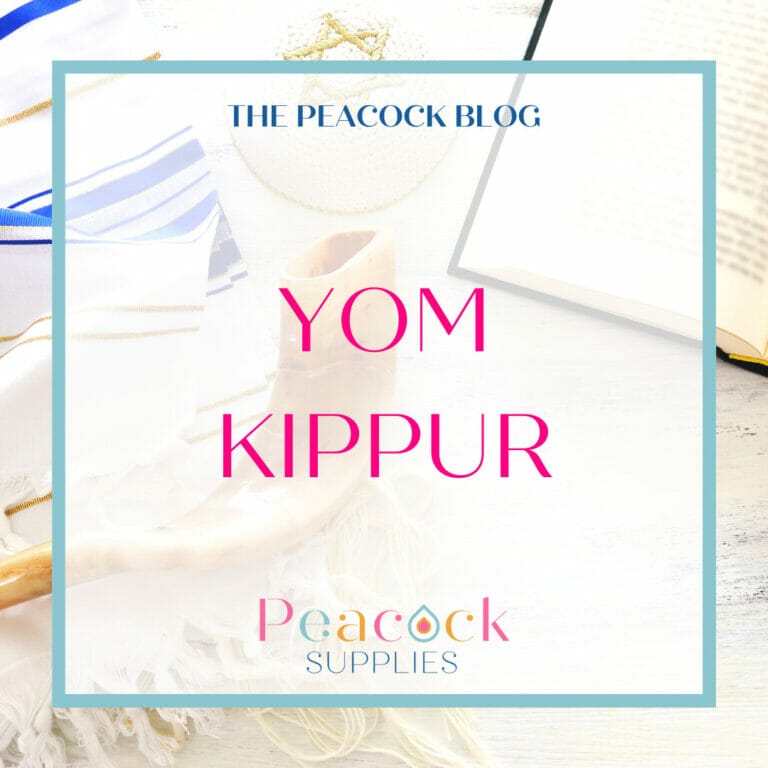
Yom Kippur is also known as the Day of Atonement and is known as one of the Jewish High Holy Days. It is considered by many as the most important holiday in Judaism and is often referred to as ‘the Sabbath of the Sabbaths.’
Yom Kippur occurs during the Hebrew month of Tishrei, which falls in September or October in the Gregorian calendar.
Yom Kippur marks the end of the Ten Days of Awe. The Ten Days of Awe occur after Rosh Hashanah (Jewish New Year) and these days are a time of introspection and repentance. According to the Jewish tradition, on Yom Kippur God decides the fate of each person. Therefore, Yom Kippur is a deeply introspective time, where Jews pray and ask for forgiveness for sins that they have committed.
Historically, the source of Yom Kippur originated after the exodus of the Jews from Egypt and their arrival at Mount Sinai. On Mount Sinai, God gave Moses the Ten Commandments. When Moses came down from this mountain, he saw his people worshipping a golden calf and, in anger, he shattered the tablets of the Ten Commandments. When the Jews repented for their idolatry, God forgave them and gave Moses a second set of Ten Commandments.
Yom Kippur is observed by fasting for 25 hours. The Torah states that all Jewish adults shall abstain from eating and drinking between sunset on the eve before Yom Kippur and nightfall the following day. The sick, elderly and women who have just given birth abstain from this fast. This fast is not seen as a punishment, it is instead seen to cleanse the body and the spirit.
There is often a pre-Yom Kippur feast on the eve of Yom Kippur, where friends and family gather for a feast to gain strength for the next 25 hours of fasting. This feast must be finished before sunset.
Attending the Synagogue is especially important during this time, where special Yom Kippur services are held. A special prayer book, known as the machzor, is read during Yom Kippur. Five prayer services take place on Yom Kippur, the first on the eve of the holiday and the last before sunset on the following day.
A Shofar, which is a trumpet made from a ram’s horn, is blown on Yom Kippur. A single long blast is sounded at the end of the final Yom Kippur Synagogue service to conclude the fast.
After the final Yom Kippur service, the fast is broken, and many people return home for a festive meal. Traditionally this meal consists of breakfast-like comfort foods such as baked goods, blintzes and noodle pudding.
As Yom Kippur is such a Holy Holiday, even Jews that don’t observe other traditions, refrain from working, which is forbidden during this holiday.
Orthodox Jews may also restrict themselves from bathing, sexual relations, wearing make-up, wearing leather shoes and driving cars. The purpose of these prohibitions reminds Jews not to focus on material and superficial things.
White is often worn during this time, which is a symbol of purity. Some married men wear kittels, which are white burial shrouds. The kittels signify repentance.
Charity is also important during this time, therefore Jews often make donations or volunteer their time in the days leading up to Yom Kippur. This is seen as a way to seek God’s forgiveness.
Overall, Yom Kippur is an important time of deep contemplation and self-reflection.
Shop from our Yom Kippur range now.
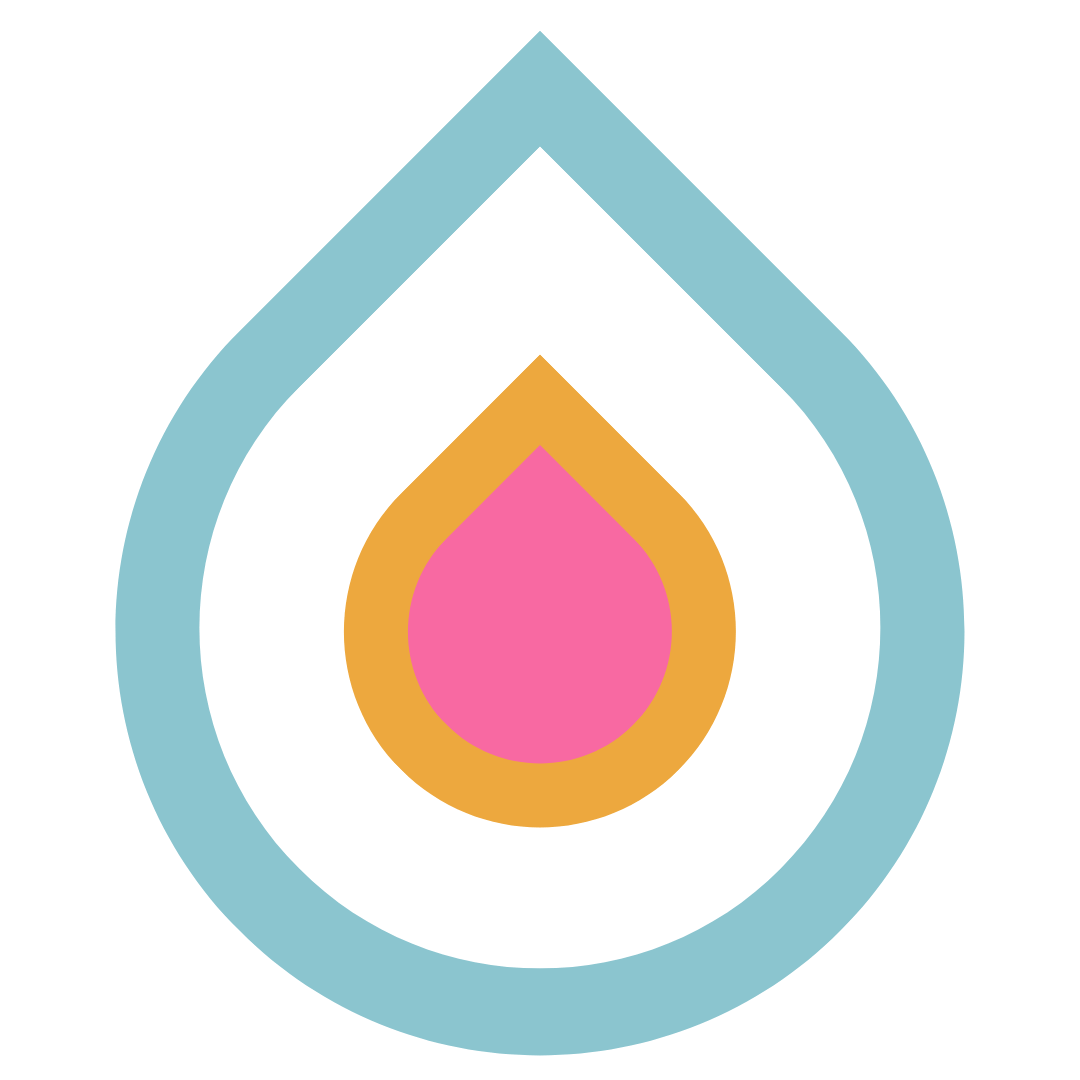
Peacock Supplies is the UK’s leading supplier of all faith-based and multicultural celebration products such as party tableware, decor, greetings and novelty gifts.
We love to create innovative products which are beautifully designed and offer premium quality at affordable prices.